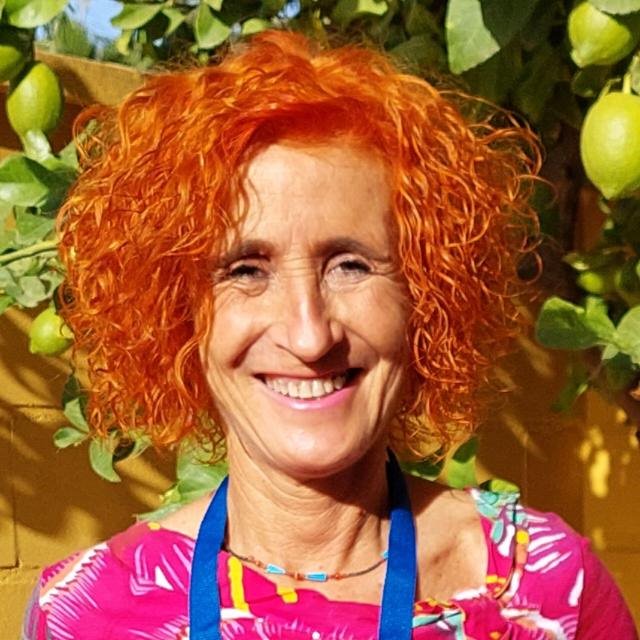Neuroscience of Affectivity in children with neurodevelopmental disorders. Neurodevelopmental disorders. Research and praxis from the clinical neuropsychology infanto-juvenile.

The Neuroscience of Affectivity is a booming field. Its main area of research is to analyze the neurological and psychological mechanisms that activate emotions and associated affective experiences. This field combines the psychological study of personality, emotions and mood in relation to the brain structures that promote emotions. To point out that affect and emotion are very different phenomena, although they are related to each other: emotion is an individual and internal response that informs about the possibilities of survival in a given situation, while affect is a process of social interaction between two or more subjects, more linked to the concept of the social brain. Our focus of study is to determine how affect can be a crucial factor for neurodevelopment, as it activates much of the neural and psychological process during childhood and adolescence. We will approach the subject from a multidisciplinary approach: neuroanatomy will inform us how neurogenesis of affectivity occurs in the infant brain; early care emphasizes how to intervene preventively in affective disorders that occur in some infantile syndromes; and clinical child neuropsychology proposes therapies to rehabilitate affectivity in disorders such as ADHD, ASD or in children with Acquired Brain Injury (ABI). The Neuroscience of Affectivity becomes a line of action that offers effective assessment and intervention strategies for children with neurodevelopmental disorders by promoting a comprehensive development that enables them an emotional, cognitive and social balance, as a protective factor for their neuropsychological maturity in adulthood.
SILVIA HIDALGO BERUTICH
University of Malaga. Spain
Degree in Psychology, clinical itinerary, (UMA, 1991); Degree in Pedagogy (UMA, 1995), PhD in Psychology (UMA, 2005) and Postgraduate Master in Clinical Neuropsychology (Pediatric Itineraries, UPO, 2012), along with more than 50 training courses in the field of child clinical and attendance at national and international congresses with exhibitions of numerous communications and papers. Her professional activity combines teaching tasks. She is a professor at the University of Malaga, Faculty of Psychology, Department of Developmental Psychology and Education since 2004. She has been practicing clinical activity for 30 years as a specialist in psychotherapy and child and adolescent clinical neuropsychologist. Accredited as a General Health Psychologist; Psychotherapist recognized by EUROPSY and Clinical Neuropsychology Accredited by CNAP (September 2018). In AVANZA Psychology Center (Malaga), she develops evaluation and diagnostic functions, psychoeducational treatment, training for parents and professionals. Her center is a reference entity and center for postgraduate internships for students from several Spanish universities (UMA, UPO, UNIR, UNED), with which the center has collaboration agreements. Dr. Hidalgo is part of several R+D+I+D projects related to psychological test typifications: Validation (WIPSSI-IV) (PEARSON, 2013); ATENTO Project (TEA Edic. 2017); BD Dyslexia (TEA Edic. 2019) and d2-RFCT (TEA Edic. 2020) PROLEC-3 (2022); Expert Judge in the validation of ATENTO (2023); Collaborating staff in Grupo GINTA, Grupo de Investigación Integral en el Neurodesarrollo Típico y Atípico (Universidad Alicante); Founding member of RED INFANCIA (promoted by the UMH University), member of the Spanish Society of Clinical Child and Adolescent Psychology (SEPCIJ) and member of the Andalusian Society of Neuropsychology (SANP). In the field of Neuropsychology training she has been the academic assistant director and speaker at: I Specialization Course in Child and Adolescent Clinical Neuropsychology (UMA own title, 2014), and in the five editions of the University Expert Course in Child Clinical Neuropsychology, (from courses 2015-16 to the present), taught at the Faculty of Psychology, University of Malaga (UMA), as well as Academic Deputy Director and speaker in I and II Master in Child Clinical Neuropsychology (UMA, 2019-20 and 2021-22). She is also a regular speaker at the annual congresses held by the Federation of Spanish Neuropsychology Associations (FANPSE) and the Andalusian Society of Neuropsychology (SANP). For years she has been moderating symposia at the International Congress of Clinical and Health Psychology in Children and Adolescents of the AITANA Research Group (UMH) and is a member of the Editorial Board of the Disability, Clinical and Neurosciences Journal (RDCN) published by the University of Alicante and promoted by the Research Group.












